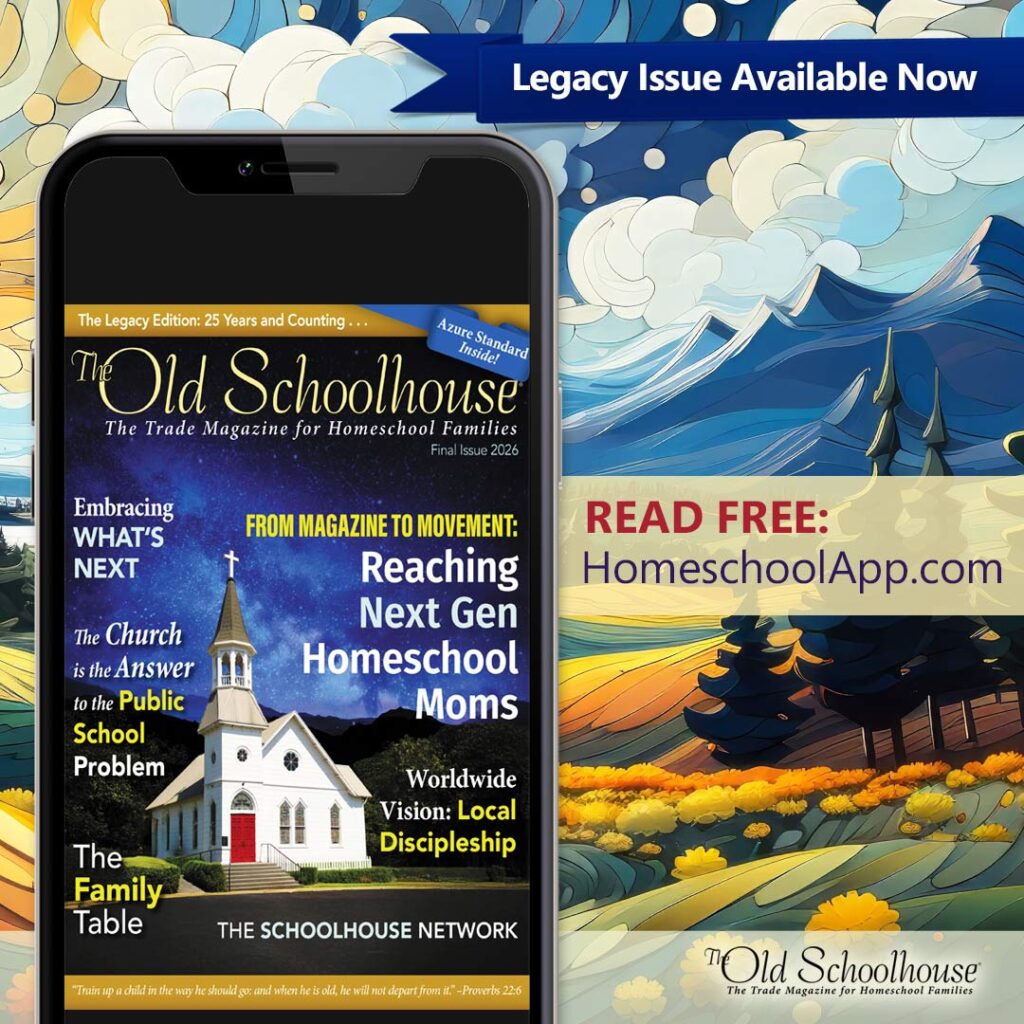
Growing up, I didn’t enjoy history class (now I wish I had paid more attention), but what I DID enjoy was books! Pretty much any kind of book would do, but,as any reader does, I did have my favourites.
During my junior high years, I loved a series written by Gilbert Morris called The House of Winslow. Among various other well enjoyed series (Christy Miller series, am I right?), I enjoyed getting this series out from my school library, and the thrills and excitement it gave me to learn about a time where life was much different than what I knew.
Not only did it give me an appreciation for my own life, but it gave me so much respect and appreciation for those that lived at a different time than we did. I’m not sure if that particular series was based on any historical events or had any truth to it (I haven’t read it in decades.), but I would say it was my first foray into reading books from a different point in time.
Now as a relatively well-read adult, I still gravitate toward historical fiction books, as well as historical non-fiction. I would more often pick up fiction as it allows me to feel like I am getting a gentler feel for many of these difficult times in our world history.
Examples of Historical Fiction for Kids
There are so many fun historical fiction books out there today for kids. (Is it ok to call them fun when some of their topics are so horrible? You know what I meant by that I hope.) Some examples of historical fiction series are (but not limited to):
- I Survived series (both chapter book and graphic novel form)
- Dear Canada series
- The Magic Treehouse (chapter book or graphic novel)
- The Secret of the Hidden Scrolls (Biblical history)
- Canadian Flyer Adventure series
- The Breadwinner series
Alongside those series, there are an abundance of stand alone books that do a fantastic job retelling a historical event in a way that is engaging and moving for kids. Some examples of these are:
- Number the Stars
- A Place to Hang the Moon
- Allies
- We Are Wolves
- Refugee
- The Undercover Railroad
Don’t forget about all those old classics, albeit slightly controversial in today’s society. Some examples of these would be:
- Little House on the Prairie
- The Adventures of Tom Sawyer
- The Adventures of Huckleberry Finn
These examples don’t even scrape the surface of all that is out there for historical fiction for kids to read. There is no list included here of the plethora of picture books helping even your youngest children understand things like the sinking of the Titanic, Residential Schools in Canada, or how children have and had to walk so far for water. If this interests you, you may find some suggestions with this excellent article listing historical fiction picture books.
Hooking Your Child
How do these books help you capture your resistant learner or reluctant reader you ask? Some children have a hard time finding books that interest them, but is a shark attack not interesting? Is the sinking of a huge ship not interesting? Is settling in a new land and having to start from scratch not exciting? Is fleeing from war not exciting? These books are filled with thrilling story topics, many of which actually happened or are based off something that actually happened. For many kids, knowing that it is a true story makes a book more appealing. If you’ve got a son who thinks he doesn’t like reading, get that I Survived - Shark Attack graphic novel in front of him and see what happens!

Read the review on pluggedin by Focus on the Family.
Still not sure how to start? Choose a book you think will peak your child’s interest and read the first chapter of it over lunch or while they’re drawing or doing something with busy hands. You could even read in the car! Maybe you need to read the first couple chapters, and then they take it from you because they can’t wait to find out what happens. Maybe you need to read the whole book out loud, but they were interested and engaged. The child’s engagement in the story is your ultimate goal. The independent reading will come when it comes. Creating a love for books, which begins with being entertained or swept up in a book, is what comes first.
Navigating with the Sensitive Child
If you have a sensitive and empathetic child (I do!), you may wonder how they will react to the content of such books. You know your child best so gauge the topic. If your child is afraid of boats, maybe avoid stories of the Titanic! But don’t write historical fiction off completely as there are so many different types out there and so much to learn about the world.
Hearing each other's stories is so powerful. I truly believe it is one of our best ways to learn to empathize with and love one another as we understand others better. While historical fiction isn’t necessarily the story of a real person, there are real people out there who lived these scenarios and reading can help us understand and empathize. It can also give us a better understanding of the world, where it has been, and how it got to where we are today. It can make us appreciate our freedoms more when we read what it looked like without them.
Read and Learn Together
Another suggestion I would make for a sensitive child is one I would also make for a reluctant reader, and that would be to read it together. If you are reading a book out loud to your child, you can change the wording as you go or skip over parts you think would be too upsetting for them at their current stage.
Reading a book to your child also helps them listen to content they may not pick up and read themselves. Whether the reading level is too difficult or they just don’t think it will be interesting, often having it read to them changes that. It is also a bonding time for you together and allows you to have many meaningful conversations surrounding what you read together.
Who knows? All of a sudden after reading a certain book maybe you’re researching a historical event together and looking for more books to read!
Other Resources
The books suggested here are just a small sampling of the many books out there that are available to you. Perhaps you want to focus more on Canadian history and could benefit from the suggestions listed here. There are many different lists you can find, like this one, when you search the internet. As always, you’ll want to preview the books in some capacity before giving them to your child to read independently.
Happy Reading!
Written by Kristin Stewart
 This article has been written by homeschooling staff writers of The Canadian Schoolhouse (TCS). Enjoy more of our content from TCS contributors and staff writers by visiting our themes page that has a new theme topic added every month!
This article has been written by homeschooling staff writers of The Canadian Schoolhouse (TCS). Enjoy more of our content from TCS contributors and staff writers by visiting our themes page that has a new theme topic added every month!
















